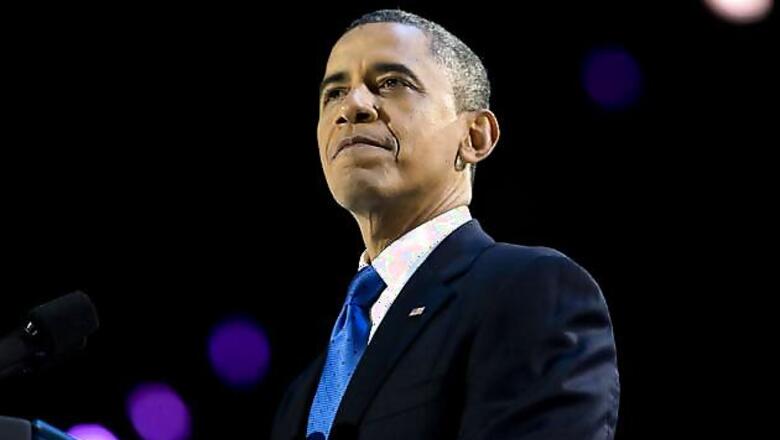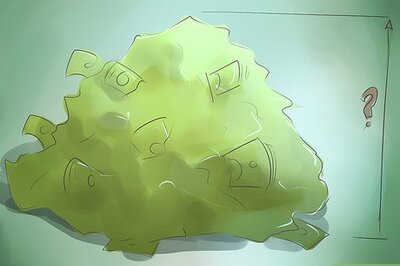
views
President Barack Obama said on Friday the chemical weapons attack in Syria threatened US allies Israel, Turkey and Jordan and that while "nobody ends up being more war weary than me" he is considering a narrow, limited US response.
Obama, speaking to reporters at a meeting he held with Baltic leaders, said the United States must be prepared to act unilaterally if necessary to uphold what he called an international norm against the use of chemical weapons as part of US obligations as a world leader.
As he spoke, the US intelligence community released a report that said an August 21 chemical weapons attack in a Damascus suburb killed 1,429 people, including at least 426 children.
Obama, in the position of trying to persuade Americans weary of wars in Iraq and Afghanistan to accept another US involvement, insisted any military action he takes on Syria will be narrow and limited and not an open-ended, long-term commitment, nor would it involve US troops on the ground.
"I assure you nobody ends up being more war weary than me, but what I also believe is that part of our obligations as a leader in the world is making sure that when you have a regime that is willing to use weapons that are prohibited by international norms on ... people, including children, that they are held to account," he said.
The United States and its allies have been unable to break through a deadlock in the UN Security Council given Russian and Chinese opposition to taking steps against the Syrian government of President Bashar al-Assad.
Given UN Security Council paralysis around the issue, he said, "a lot of people think something should be done but nobody wants to do it."
Obama said he had made no final determination on how to proceed but that he and his aides have been briefing congressional leaders and talking to foreign leaders about what is at stake.
He said US allies Israel, Turkey and Jordan would be threatened, as well as US national security interests, if Syria is allowed to use chemical weapons without retribution. Terrorists could get their hands on the weapons as well, he said.
International norms govern the control and use of such weapons, he said, but "if there is a sense that over time nobody is willing actually to enforce them, then people don't take them seriously."
















Comments
0 comment